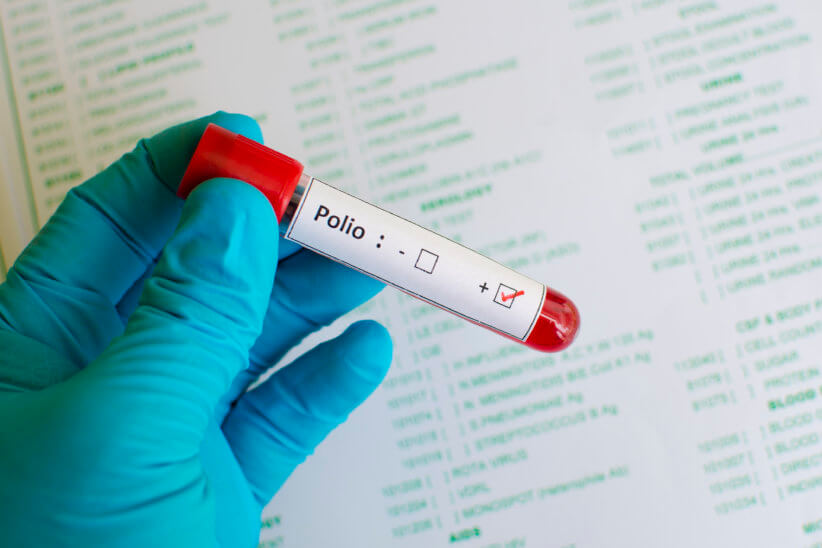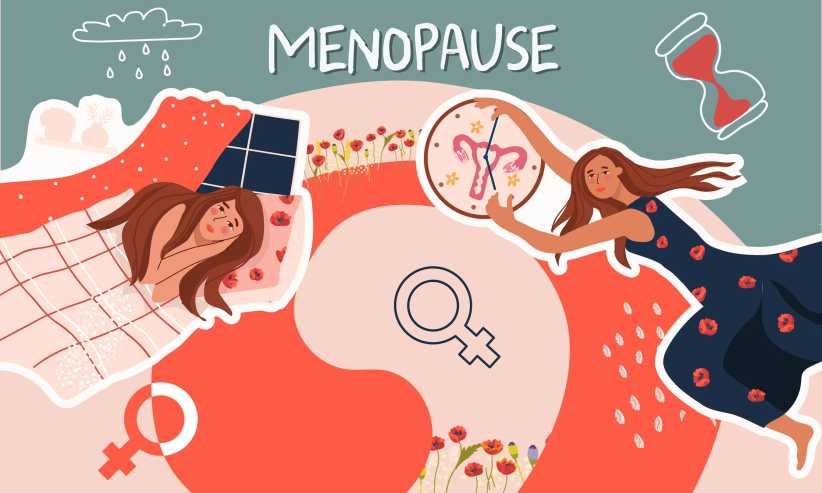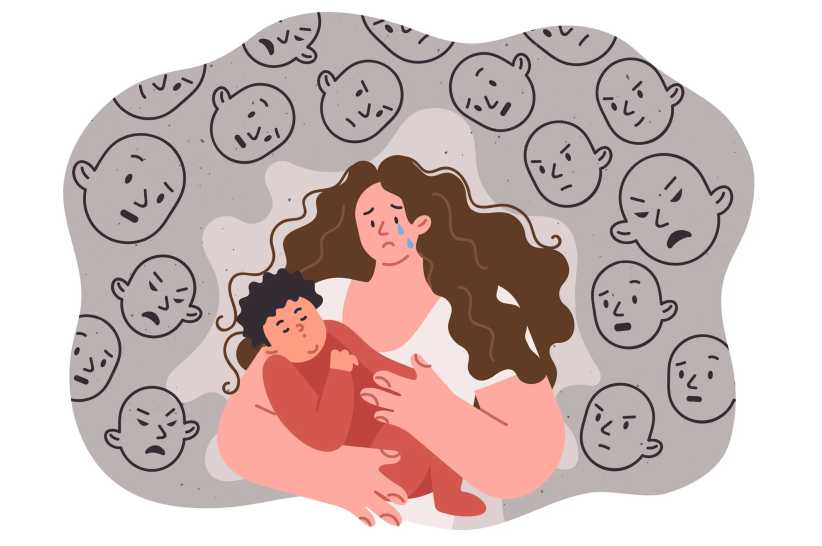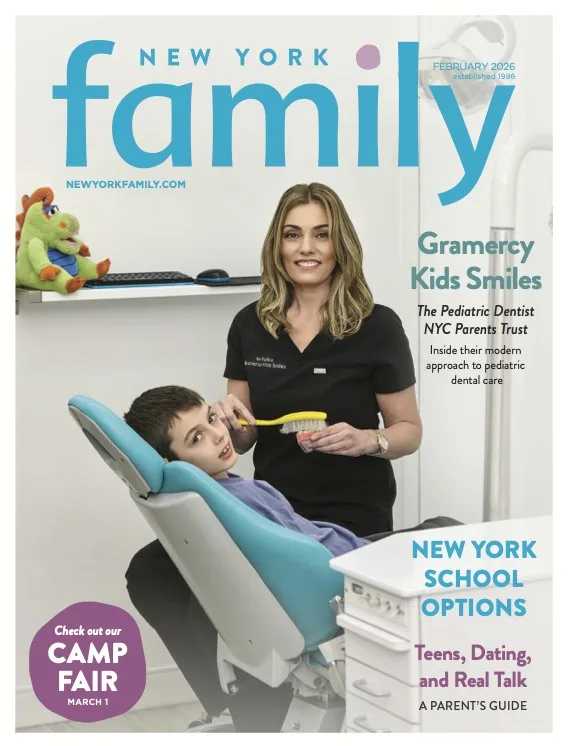
Update on Polio: A State of Emergency is Declared After Polio Found in Nassau County Wastewater
Many New Yorkers, especially parents, have been cautiously waiting if the Poliovirus is going to become a thing. Unfortunately, it seems that it is looking like it might. New York Governor Kathy Hochul declared a state of emergency on Friday after polio was found in yet another New York State county.
The governor’s executive order comes after the virus was found in wastewater samples from Nassau County, Long Island, last month. Previously, polio was also found in wastewater samples from NYC and Rockland, Sullivan and Orange Counties this year.
Hochul’s declaration immediately expands the network of vaccine administrators, adding EMS workers, midwives and pharmacists. The order also requires healthcare providers to send polio immunization data to the New York State Department of Health (NYSDOH) through the New York State Immunization Information System (NYSIIS), enabling NYSDOH and local health departments to focus vaccination activities where they are needed most.
NYS Senator Anna Kaplan (D-North Hills) said in a message on her website that “It’s important to note that there are no identified cases in our community, but these results do suggest community spread. At this time, the only identified case of polio in New York State is in an unvaccinated resident of Rockland County.”
August: Polio Found in NYC Wastewater
In August, the NYSDOH and the NYC Department of Health and Mental Hygiene said the NYC findings suggest that there is likely circulation of the virus within the boroughs.
The discovery came after the identification of a case of paralytic polio among a Rockland County resident on July 21, and the detection of poliovirus in wastewater samples collected from Rockland and Orange Counties in May, June and July.
“For every one case of paralytic polio identified, hundreds more may be undetected,” Dr. Mary Bassett, NYS health commissioner, said. “The detection of poliovirus in wastewater samples in New York City is alarming, but not surprising. Already, the state health department – working with local and federal partners – is responding urgently, continuing case investigation and aggressively assessing spread. The best way to keep adults and children polio-free is through safe and effective immunization – New Yorkers’ greatest protection against the worst outcomes of polio, including permanent paralysis and even death.”
What Can Parents Do Regarding Polio
The agencies are urging parents to get their children vaccinated against the very contagious disease.
“The risk to New Yorkers is real but the defense is so simple – get vaccinated against polio,” Dr. Ashwin Vasan, the city’s health commissioner, said. “With polio circulating in our communities there is simply nothing more essential than vaccinating our children to protect them from this virus, and if you’re an unvaccinated or incompletely vaccinated adult, please choose now to get the vaccine. Polio is entirely preventable and its reappearance should be a call to action for all of us.”
The Centers for Disease Control and Prevention (CDC) recommends that children get four doses of the polio vaccine. They should get a dose at each of the following ages: 2 months old, 4 months old, 6 through 18 months old, and 4 through 6 years old.
But vaccine coverage for routinely recommended vaccines has fallen among children in New York City since 2019, the city reports. Only 86.2% of NYC children between the ages of 6 months and 5 years old have received three doses of the polio vaccine, with nearly 14% remaining not fully protected.
Counties located near New York City have an even lower rate of polio vaccination.
As of August 1, 2022, Rockland County has a polio vaccination rate of 60.34 percent and Orange County has a polio vaccination rate of 58.68 percent, compared to the statewide average of 78.96 percent, among children who have received three polio immunizations before their second birthday.
Many people infected with poliovirus will not have visible symptoms, according to the CDC. But about 1 in 4 people with the infection will have flu-like symptoms that last about 2-5 days, and then clear up.
Most adults do not need the polio vaccine because they were already vaccinated as children. New Yorkers who are not up-to-date with vaccination should speak to their health care provider to schedule an appointment for vaccination, the city said.
People without a provider can call 311 or 844-NYC-4NYC (844-692-4692) for help finding one. Care is provided in New York City regardless of immigration status, insurance or ability to pay.
Where To Get Free or Low Cost Vaccine for Children 4 years and older
Children ages 4 years and older can get low- or no-cost vaccines at the NYC Health Department’s Fort Greene Health Center at 295 Flatbush Ave. Ext., Fifth Floor, from Monday-Friday, 8:30am-2:30 pm. To make an appointment, visit nyc.gov and search for immunization clinic.













